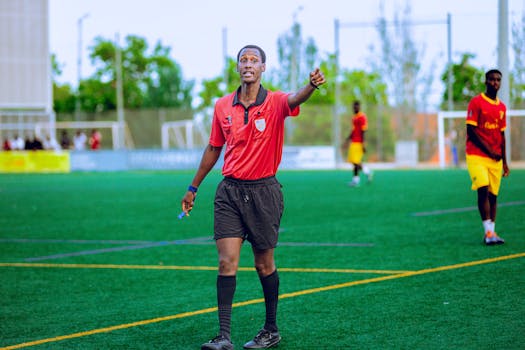You can take a degree course as a first step towards this career. Relevant subjects include:
- English
- journalism
- media and communications
Some courses are accredited by the National Council for the Training of Journalists.
Graduates of other subjects can do a postgraduate course in journalism, lasting 1 to 2 years.
Entry requirements
You'll usually need:
- 2 to 3 A levels, or equivalent, for a degree
- a degree in any subject for a postgraduate course



